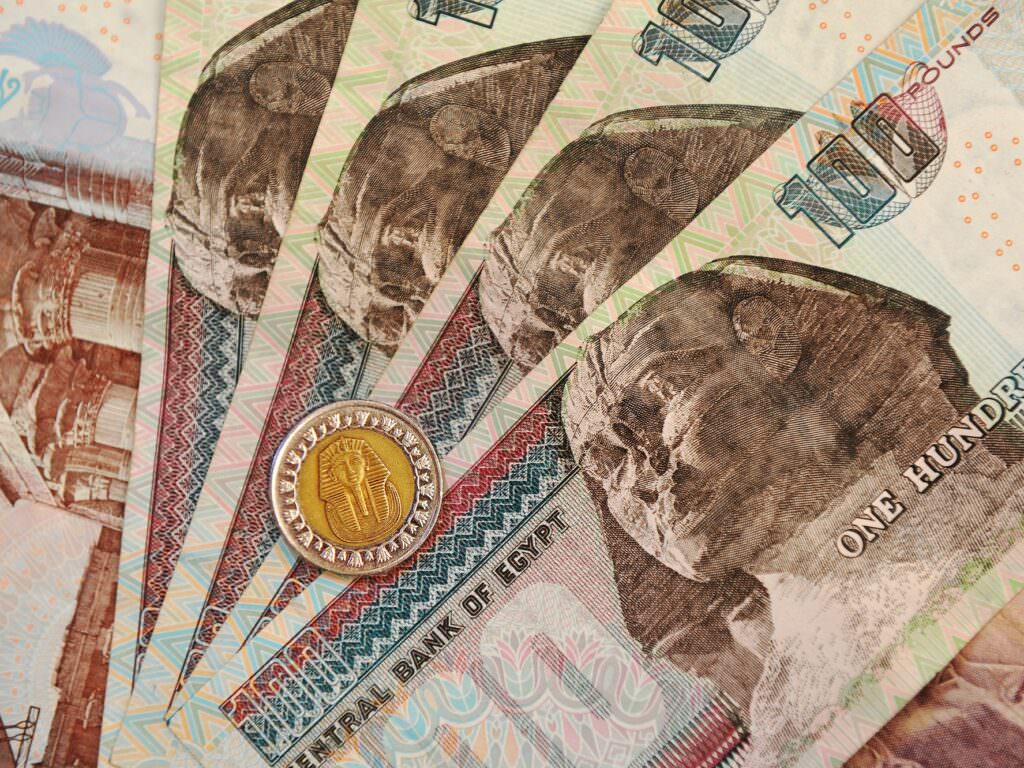
A new payment system created by African countries is beginning to change the way the continent performs international trade transactions, as reported by Reuters. Change seeks to reduce the dependence of the US dollar, reduce financial costs and expand economic integration between African nations.
The initiative, driven by practical factors, gained relevance in the face of geopolitical pressures and negative reactions from the United States government.
The Pan-African Payment and Settlement System (PAPS), officially launched in January 2022, allows companies to perform transactions directly on their local currencies. The proposal is to circumvent the need for conversions to dollars, a common practice so far even in transactions between neighboring African countries.
According to PAPS data, transactions made between African nations through foreign corresponding banks may have costs ranging from 10% to 30% of the value of the operation. With the new system, this percentage may fall to about 1%.
According to Mike Ogbalu, PAPS-executive president, the main motivation is not political. “Our goal, contrary to what people can think, is not decalarization,” he said. “If you observe the African economies, you’ll find that they face difficulties with the availability of third party global currencies to settle transactions.”
The current dollar -based financial structure requires African banks to depend on foreign institutions to complete international payments. This process contributes to the increase in business costs, a factor that, combined with logistics limitations, raised the cost of African trade to a 50% higher than the global average level, according to the United Nations Conference on Trade and Development.
In addition, the traditional model limits regional integration. An MCB group, based in Mauricio, pointed out that 84% of African trade occurs with countries outside the continent.
With PAPS, the expectation is to promote intra-African trade and retain currency on the continent. OGBALU estimates that the use of local coins such as Nigerian Naira, South African Rand or Ghanaian Cedi can generate an economy of up to $ 5 billion annually in heavy currency.
PAPS has started with 10 commercial banks and is operational today in 15 countries, including Zambia, Tunisia, Malawi and Kenya. Currently, 150 financial institutions are part of the network. “We also saw a very significant growth in our transactions,” said Ogbalu, without disclosing specific data.
The initiative gained support from other institutions. The International Financial Corporation (IFC), linked to the World Bank, began offering loans in local currencies to African companies.
Ethipis Tafara, IFC vice president for Africa, explained that the decision seeks to protect companies from currency volatility. “If they are not generating strong currency, a strong currency loan imposes a burden that makes their success difficult,” he said.
The theme also advanced to international forums. The rotating presidency of the G20, currently under South Africa command, has placed regional payment systems on the agenda. At a meeting of finance ministers and central bank presidents held in Cape Town, the theme was openly discussed.
Lesetja Kganyago, president of the South African Central Bank, said: “Some of the most expensive corridors for transionic payments are found on the African continent. So that we can function as a continent, it is important that we begin to negotiate and settle in our own coins.”
The movements, however, did not go unnoticed by US authorities. Former President Donald Trump, who resumed the presidency, has shown opposition to initiatives that reduce the use of the dollar in international trade.
In response to the creation of a common currency by the BRICS group – formed by Brazil, Russia, India, China and South Africa, as well as new members such as Egypt and Ethiopia – Trump threatened to impose severe commercial tariffs.
“There is no chance for the BRICS to replace the US dollar in international trade, or anywhere else, and any country you try to say hello to tariffs and goodbye to America!” He wrote in a publication on Truth Social.
Since then, Trump has intensified the speech and has publicly stated that he was willing to use tariffs as an instrument of pressure against allies and opponents. The posture rekindled commercial tensions and generated reactions in various parts of the world.
Experts assess that African systems can be perceived abroad as part of a geopolitical tendency. Daniel McDowell, professor at the University of Syracuse and scholar in international finances, stressed that the African effort can be interpreted outside the continent as an extension of the desolarization strategies led by Russia and China. “The perception is probably that it has to do with geopolitics,” he said.
Despite the overall context, African authorities maintain a focus on economic benefits. The advancement of systems such as PAPS is presented as a solution to historical bottlenecks in regional trade and a path to the continent’s financial autonomy. The next G20 meeting, scheduled for July, will be able to offer new developments and boost integration initiatives between local local payment systems.
Source: https://www.ocafezinho.com/2025/06/20/africa-acelera-pagamentos-em-moeda-local-e-desafia-dominio-global-do-dolar/

